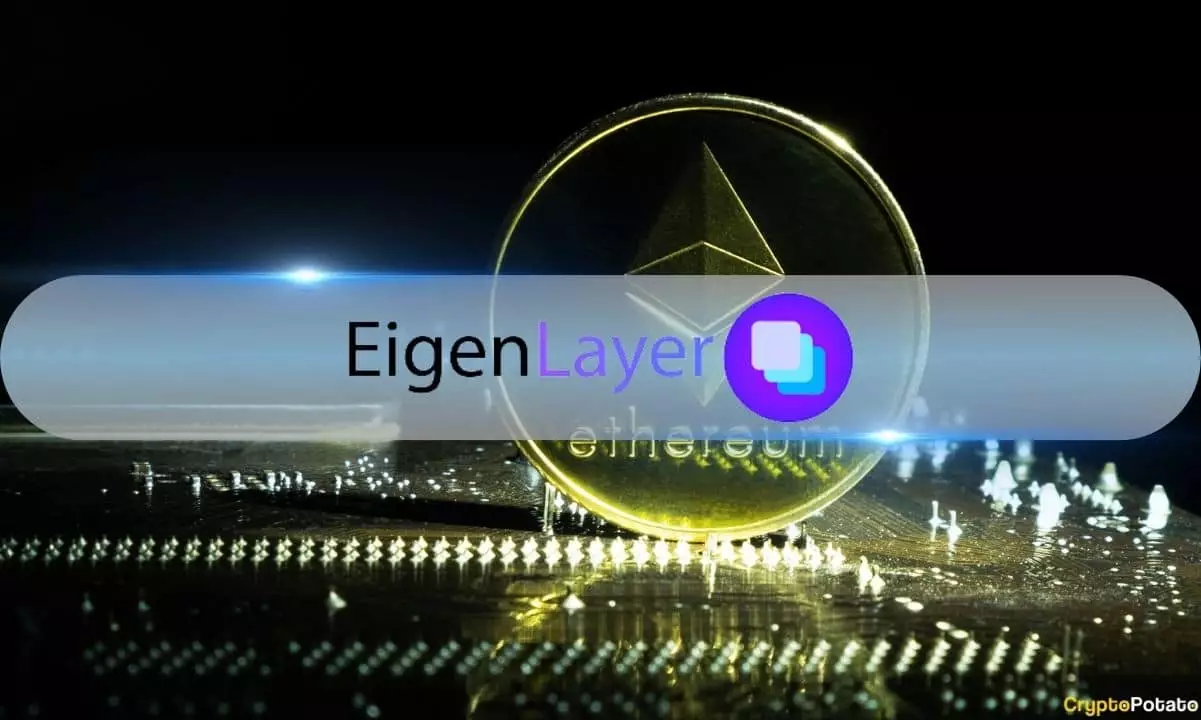In the dynamic world of DeFi and blockchain technology, governance and operational efficiency are paramount. EigenLayer is stepping up to the plate with its second EigenLayer Improvement Proposal (ELIP-002), which promises to redefine accountability within its ecosystem. This proposal introduces a penalty framework and two novel concepts—Unique Stake and Operator Sets—that aim to enhance the reliability of Application Verification Services (AVSs) and create a more trustworthy environment for users.
At the heart of ELIP-002 lies a slashing mechanism designed to hold operators accountable. Operational errors, whether due to computational failures or prolonged service downtimes, can severely hinder the trustworthiness of any decentralized service. By instituting penalties for such failures, EigenLayer is making it clear that accountability is non-negotiable. Slashing acts as a deterrent, ensuring that operators think twice before neglecting their service obligations. This sends a solid message to the community about EigenLayer’s commitment to enforcing service reliability.
The proposal further introduces the concept of Unique Stake, which allows AVSs to differentiate the stakes allocated to each operator. This innovation not only enables more granular penalties based on the severity of failures but also fosters a culture of responsibility among operators. By customizing the stakes, the system can effectively incentivize compliance with operational expectations, thereby reinforcing the integrity of the overall network. This differentiation is crucial in a landscape where varied service levels exist, and it contributes to a more nuanced approach to managing operational risk.
To complement Unique Stake, the introduction of Operator Sets simplifies the otherwise complex enforcement of slashing rules. By categorizing operators into manageable groups, EigenLayer aims to streamline the enforcement process, enabling swift actions against those who fail to meet their commitments. This systemic organization not only makes compliance easier to manage but also enhances the user experience, ensuring that the protocol remains agile and responsive to operational challenges.
A notable aspect of ELIP-002 is the emphasis on community feedback. EigenLayer recognizes that the most effective solutions emerge from collaborative dialogues. The proposal’s authors encourage community members to review the proposal and voice their opinions both in comments and on platforms like GitHub. This approach recognizes the diverse needs of users and stakeholders, further fostering a collaborative atmosphere that enhances the protocol’s evolution.
Beyond its immediate implications, ELIP-002 represents a broader initiative to consolidate Ethereum’s security through restaking. As EigenLayer contributes significantly to this evolving landscape—with over $18 billion in Total Value Locked (TVL)—its actions reverberate through the entire Ethereum ecosystem. The Eigen Foundation’s commitment to allocate 1% of its EIGEN token supply to blockchain research underscores this shared vision of sustainability and resilience in Ethereum’s infrastructure.
As the DeFi landscape continues to evolve, EigenLayer’s innovative solutions in accountability through ELIP-002 offer a blueprint for other projects to follow, promoting not only accountability but also innovation and user trust across decentralized networks.


Leave a Reply